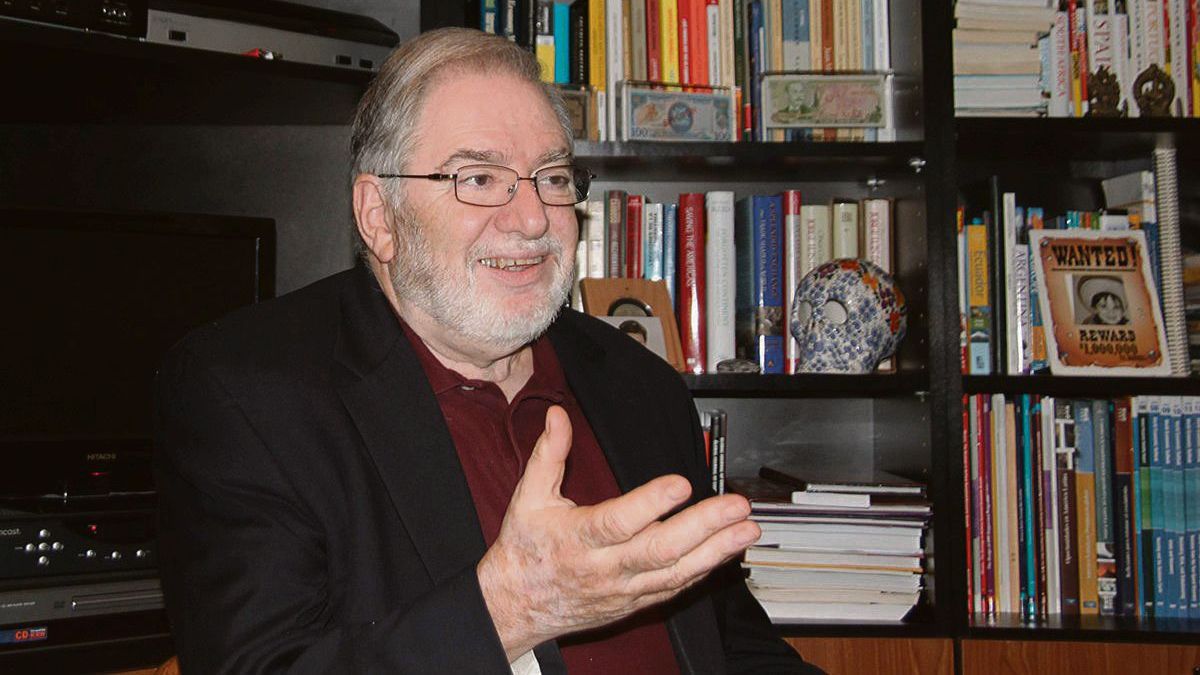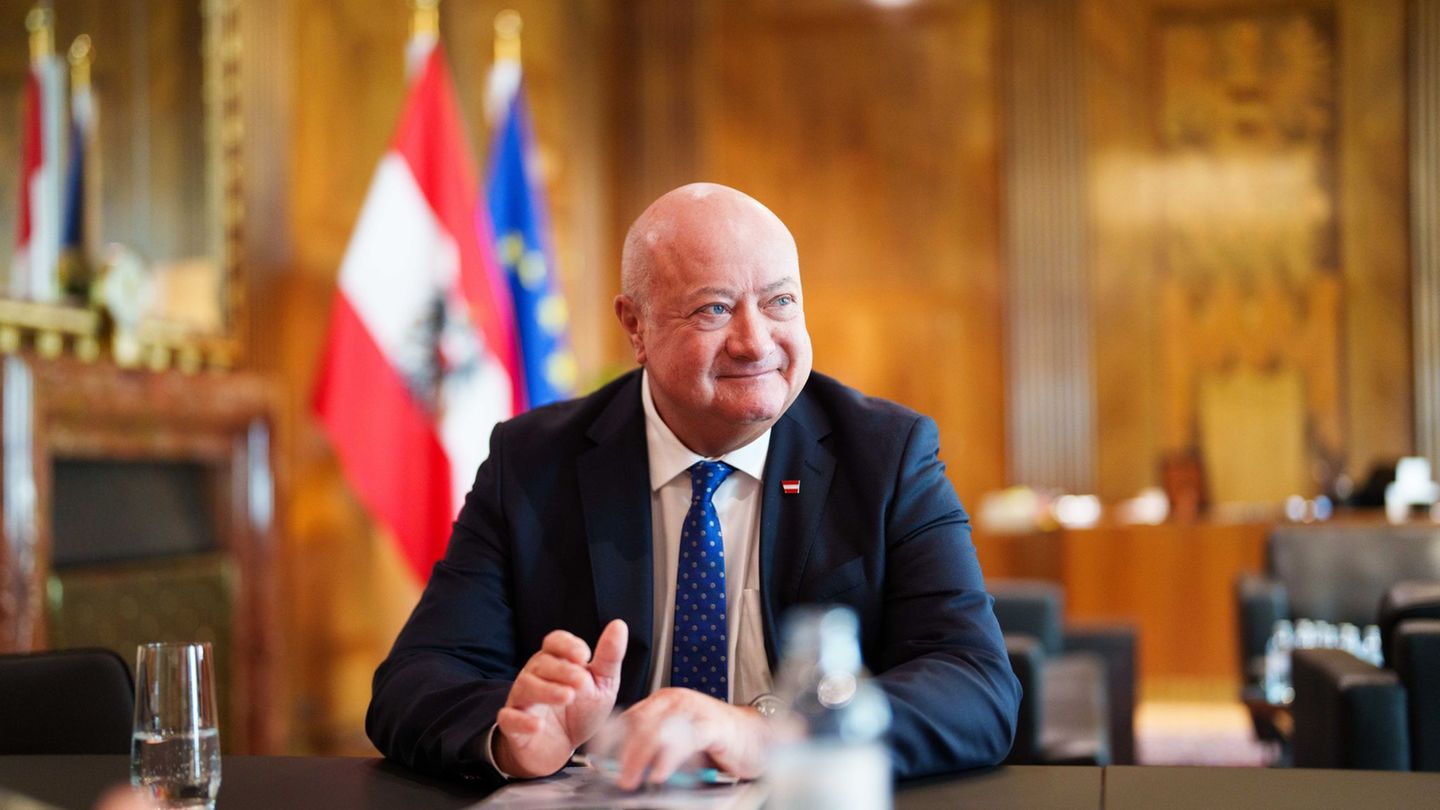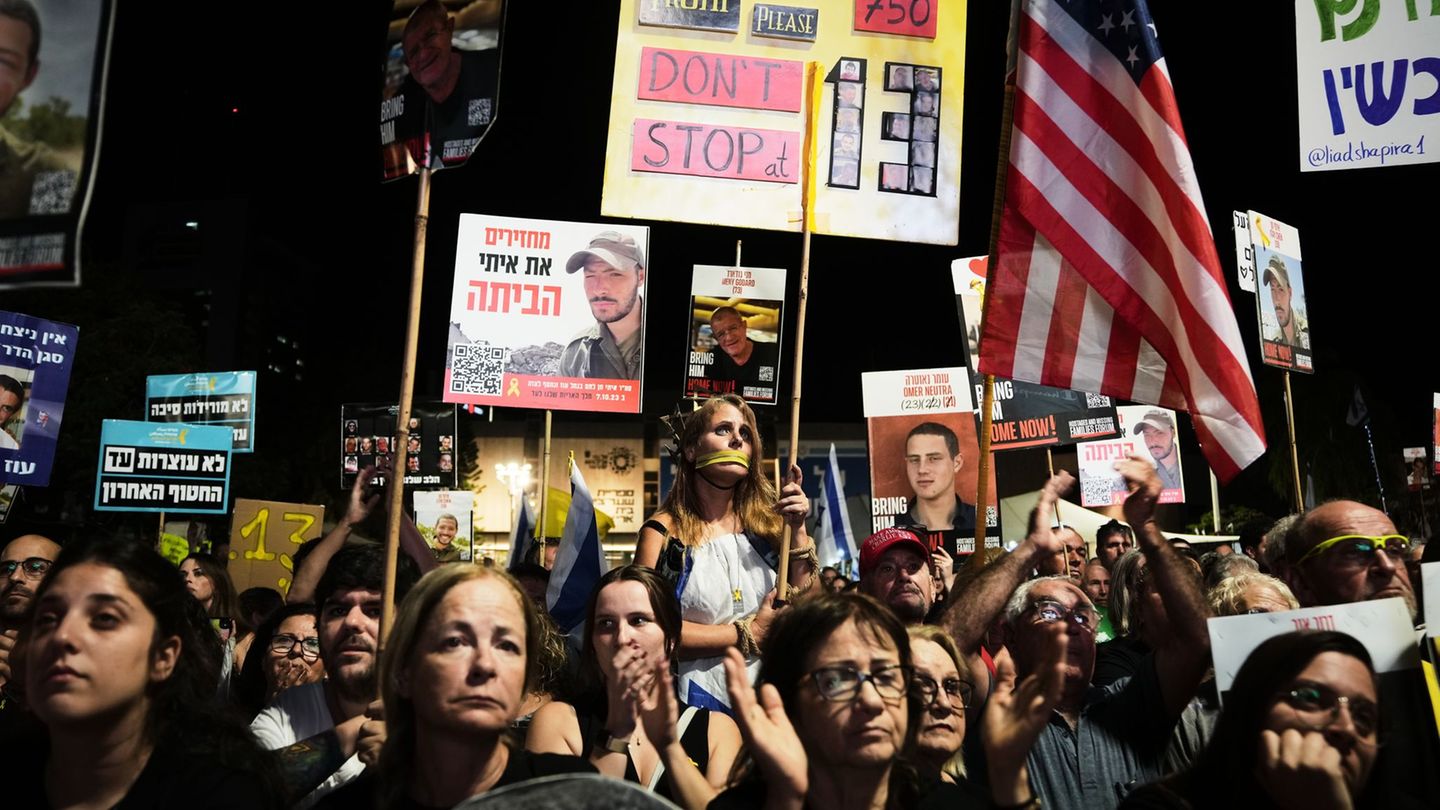Journalist: How do you analyze Sergio Massa’s tour of the United States?
Claudio Loser: Basically, I think it went well. It has restored diplomatic relations with the Inter-American Development Bank (IDB), which is very important. He also had contact with the World Bank (WB), which is the other major potential provider of funds and I think they both had the same message: “Look, you stay within the agreement with the IMF and we help you.” It is what it has to be.
Q.: How do you think the planned meeting with Kristalina Georgieva can turn out?
C: L.: We have to see how that meeting turns out, but I imagine that he must have already had contact with Ilan Goldfajn (director of the Western Department of the IMF) and other technical people. I think it’s okay. He’s doing what Guzmán said he was going to do, but in a more timid way, and he’s doing what Silvina Batakis said he was going to do, only Massa is doing it.
Q.: Obviously, you have greater political capacity to do so…
CL: I think so. I am not referring to the technical part, there are many economists who can give the same recipe.
Q.: How do you rate the people who are accompanying Massa from a technical point of view?
CL: I don’t think it’s better or worse than others. As far as I know, he has good people and he has always been surrounded by people like that. We have to see how this works at the political level. It is no worse than other teams. Many times, when there are too many “prima donuts” who want to show off, it becomes more difficult to work as a team.
Q.: The government is not going to ask the IMF to modify goals and is going to try to comply with what was agreed upon. Do you think that is correct or should we ask for some modification?
CL: I think there should be some changes to the base numbers, but not to the targets. Inflation has been higher than expected and the numbers are different. It would be necessary to adjust for that, but I don’t think you want to go beyond that. The objectives, in my opinion, were between reasonable and too soft.
Q.: Assuming that some goal cannot be met at the end of the year, especially the accumulation of reserves, do you see the possibility that the Government will negotiate a waiver?
CL: To ask for a waiver, the government has to explain it very well. In this sense, it can be assured that the IMF is not immutable. The Fund looks very well at the numbers. When they do the next review, they could make some adjustments to the goals and another in December, to avoid having to request a waiver.
Q.: They say for cases like Argentina, which is an unreliable creditor, that it is better to try to overreact…
CL: That’s for sure. If they overachieve in these things, it is a very, very important plus point.
Q.: By the end of the year, the IMF is trying to launch a new Resilience Fund with SDRs from countries that are not using it, but it is having a hard time setting up the trust.
CL: Of course, because they are not funds from the organization. They are donations from countries that have too many special drawing rights, that are in a strong position. It is difficult for them to release the money.
Q.: Could Argentina qualify for those funds?
CL: From a technical point of view, yes. I don’t really know if there would be sympathy from that. It could access $1.3 billion, which sounds like a lot but isn’t that much. But the objective of this fund is not so much to help countries in crisis, but to help countries that are in real difficulty, fundamentally low-income or middle-income. Argentina is right at the upper limit. There is likely to be little sympathy to say that Argentina has access. I think there is a question of priority. There are 80 countries below Argentina. They’re going to have to come up with something very reasonable.
Source: Ambito
David William is a talented author who has made a name for himself in the world of writing. He is a professional author who writes on a wide range of topics, from general interest to opinion news. David is currently working as a writer at 24 hours worlds where he brings his unique perspective and in-depth research to his articles, making them both informative and engaging.




